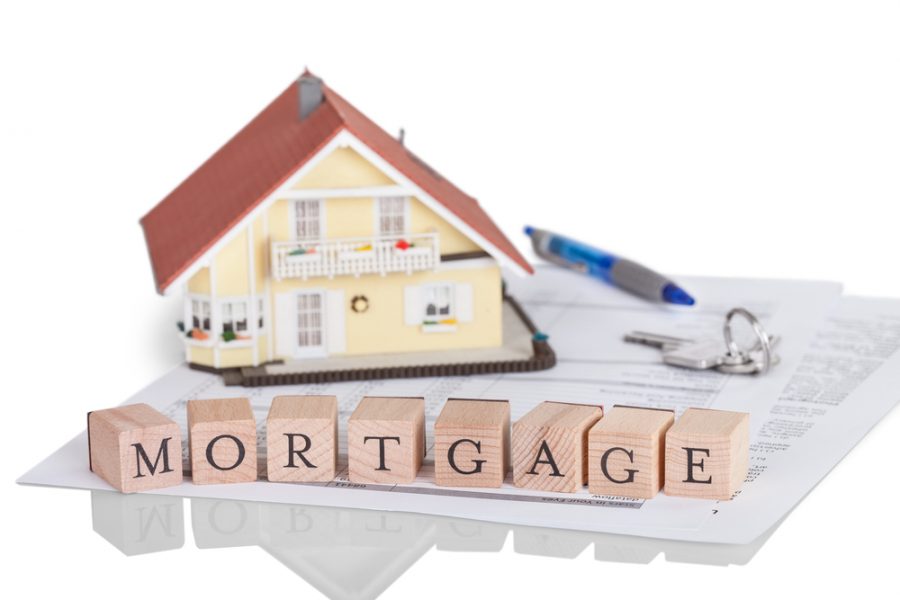One of the many problems bedeviling Nigeria is that of the housing shortage. In 2017, the Bureau of Public Service Reform (BPSR) warned that Nigeria was facing a housing deficit crisis as it was estimated that 108 million Nigerians were technically homeless.
According to the Bureau, the 100,000-house built annually has been inadequate to alleviate the housing crisis.
In the same year, the Nigerian Bureau of Statistics estimated that the nation’s housing shortage was about 18 million. Since 2017 when the above statistic came to light, nothing seems to have changed.
There are many factors that are responsible for the housing deficit like the high cost of building materials, high level of poverty, high rate of urbanization, increase in population growth rate, high cost of land and the red tapes involved in land acquisition, among others.
[READ ALSO: CBN offering N223billion Treasury Bills in market auction]
Inefficient Housing Finance
Those factors notwithstanding, it appears that the single most troubling factor that may be rendering the housing crisis intractable is that of inefficient housing finance or the lack thereof. The latest information from Bloomberg and other sources have indicated that Nigeria’s mortgage lending rate appears to be the highest in the world. While some countries or banks are paying the customers to come for mortgages, Nigeria’s mortgage rate is heading for the sky.
According to Bloomberg, “A bank in Denmark is paying homebuyers to take out mortgages”. That bank is Jyske Bank A/S Denmark, which is the third-largest bank in Denmark. The bank announced, early in August, a mortgage rate of negative 0.5%. This means that the bank will pay you 0.5% of the amount you are borrowing if you take out a mortgage with it.
A look at the mortgage lending rates across the world will give Nigerians or whoever is reading this article, a better idea of where Nigeria falls in the mortgage lending rate continuum. Here we go:
France: According to data from the Bank of France, the mortgage lending rate in France was 1.39% in June 2019.
USA: The average rate for a 30-year mortgage in the US is 3.67% while that of a 15-year mortgage is 3.1%, according to Bankrate.com
Germany: In Germany, the comparison website, Interhyp, has it that the lending rate for a 10-year mortgage is between 0.5% and 1%
[READ MORE: Why World Bank blacklisted CCECC, 5 other Chinese firms]
United Kingdom: According to Statistica, the average mortgage lending rate in the UK for a 10-year mortgage is 2.63%, while a 5- and 2- year mortgages are 1.97% and 1.65% respectively.
Hungary: There is a consensus that mortgage cost is high in Hungary, but it is only 5% for a 10-year mortgage. If that is high, wait till you see Nigeria’s mortgage rate.
Greece: One would have expected that mortgage rates in Greece would be high given its struggle with debts, (sovereign and corporate) in recent years but the average floating rate for mortgages in Greece was just 3.08% in June 2019.
Hong Kong: Even with the effects of the political crisis in Hong Kong, the mortgage lending rate in that country, which inched upwards slightly, was still as low as 2.48%.
Japan: Japan has been at the forefront of keeping mortgage rates low, aimed at making housing affordable. In Japan, a 10-year mortgage is priced at 0.65% and banks like Sumitomo Mitsui Trust Bank are offering rates as low as 0.53%.
Australia: Although it may not be easy to get a lender that can grant 100% mortgage in Australia, according to Livingin-australia.com, the average mortgage rate in Australia is about 4.8% for a 5-year mortgage going by data from Australia’s four largest banks, (ANZ Bank, CBA, NAB and Westpac).
South Africa: South Africa’s average mortgage rate is about 8%
[READ FURTHER: How indiscriminate premium discount is killing the insurance sector]
Nigeria: According to Buylandinlagos.com, the mortgage rate is between 20-27% in Nigeria, if you approach regular banks, but can be as low as 6%, to 9% when borrowing from the National Housing Fund.
With mortgage rates so high in Nigeria, is it any wonder why there is housing deficit in Nigeria? The mortgage rate is about the major consideration when deciding on taking a housing loan.
Research and analysis have it that in almost all countries, housing activities have been spurred whenever mortgage rates are deliberately reduced or reduced as a result of prevailing economic circumstances.
With Nigeria’s mortgage lending rate as high as 20%, there is no doubt that such high rate will act as a disincentive to housing activities and as long as the rates remain that high, the problem of housing deficit may not be solved any time soon.
